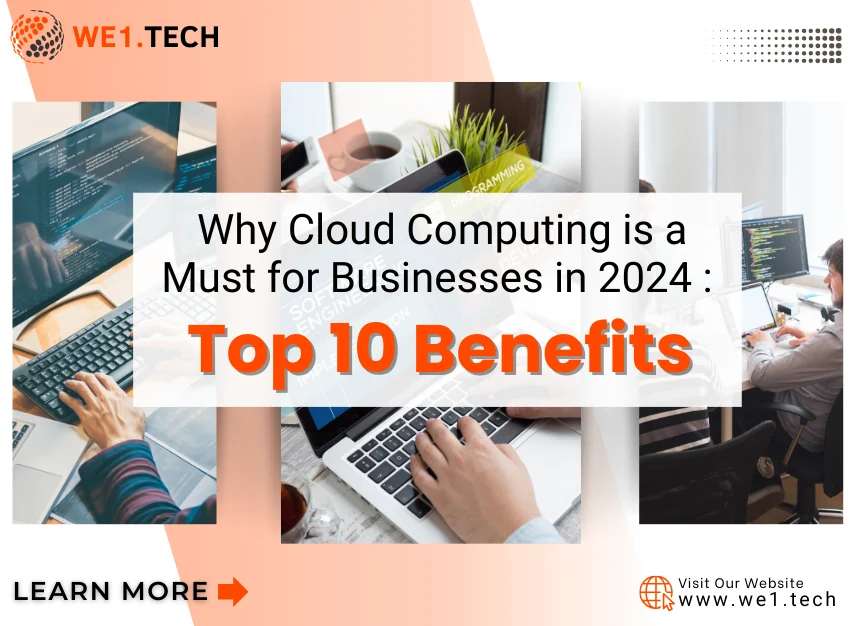
In today's tech-driven world, cloud computing is no longer just a buzzword. It is a must-have technology that marks a significant shift in the way businesses operate. Thus, businesses of all sizes and types are adopting cloud technology to stay competitive. From cost savings to improved collaboration, the cloud offers numerous advantages. It is no surprise that cloud computing is now essential for businesses looking to expand, innovate, and respond quickly to market changes.
In this blog post, will explore the reasons why cloud computing is crucial for modern businesses and uncover the top 10 benefits it offers. So, let's get started!